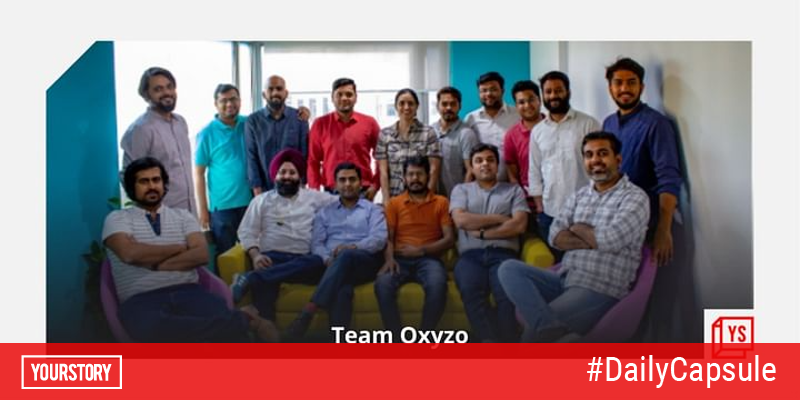This week in Web3: Helium may switch to Solana, Lumos Labs' global hackathon, Indian startups build metaverse
Read about this week's developments, news and trends in the Web3 ecosystem.
Helium developers propose dropping its blockchain and shifting to Solana
Following the publication of a new HIP 70 governance proposal on Tuesday, the Internet of Things (IoT) blockchain network Helium may switch over to the Solana blockchain.
The core developers on the Helium network said switching to Solana would improve the efficiency and scalability of the network. Helium developers have also highlighted the need to fix several technical problems to improve the network’s capability.
How does helium blockchain operate?
The Helium network operates by users installing Helium Hotspot to provide decentralized wireless 5G network coverage for internet users in their area. Helium uses a proof-of-coverage as its consensus mechanism to verify network connectivity and distribute HNT tokens to Helium Hotspot providers when coverage is verified.
The HIP 70 proposal would improve data transfer and network coverage abilities, according to the Helium GitHub page. If approved, the Solana blockchain would also get data credits (DCs) and helium-based HNT, IoT, and MOBILE tokens.
Invest in songs, earn royalty income
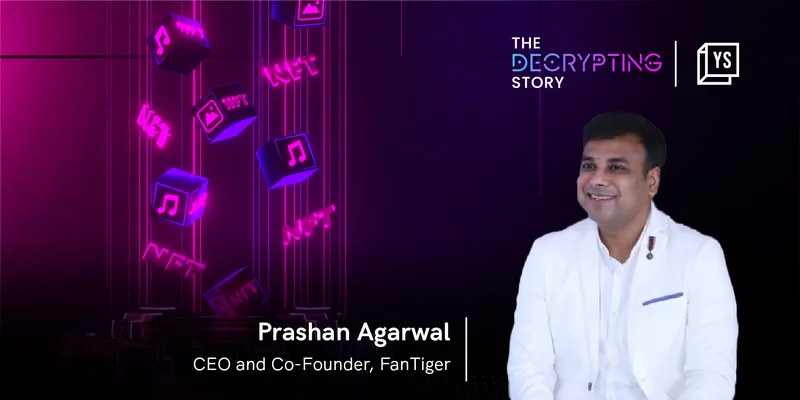
Started by ex-Gaana CEO Prashan Agarwal, connects artists with fans through NFTs. Owning a fractionalised NFT of a song allows the holder to earn royalty income based on the song’s performance on Spotify, YouTube, Gaana, etc.
On the artists’ side, FanTiger is a way to raise funds and earn income related to an upcoming song launch.
How does it work?
The platform will seek to raise anywhere between Rs 3 lakh and Rs 35 lakh per song based on the magnitude of the artist. The funds are raised by fractionalising the ownership of the song into hundreds or thousands of NFTs and selling them to fans of the artist.
The platform also encourages and helps artists to host meet-and-greets, video calls, and other unlockable content for owners of the NFTs, thereby empowering creators to build their fan communities.
Lumos Labs unveils global hackathon, The Decrypting Story is official media partner

Lumos Labs, the Singapore-based Web3 innovation management firm building a developer-centric metaverse, on Thursday announced the launch of its global hackathon—BUIDL for Web3 Hack 2022.
The Decrypting Story joined hands with as the official media partner for BUIDL for Web3 Hack 2022, and will support over 10,000 developers who want to start their Web3 journey
How does it work?
The hackathon will equip participating developers and startups with the flexibility to build on chains of their choice, and will allow them an opportunity to win additional grants from the sponsors by presenting their solutions on respective use cases.
BUIDL for Web3 Hack 2022 has onboarded sponsors such as Polygon, Aeternity, Dfinity, Tezos, Arcana Network, Fluence Network, Network Protocol, Revise Network, Komet, Assetmantle, Tatum, and more.
Own a piece of land via NFTs
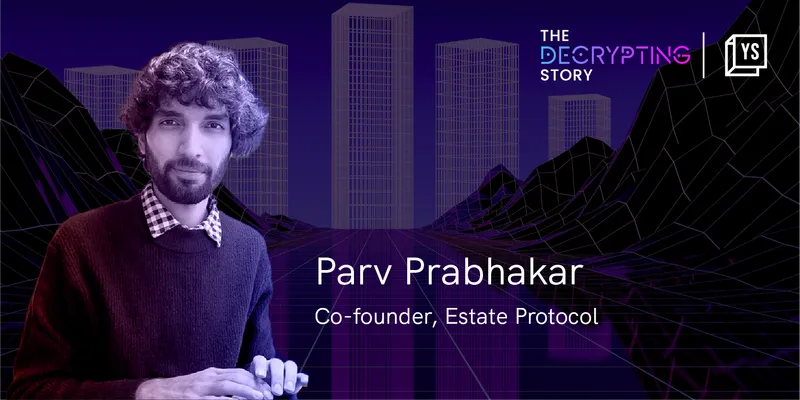
By splitting the cost of owning real estate among several people, the amount of capital required to enter the market is lowered. This is how makes investing in real estate accessible to small and new investors.
“The fractionalised NFTs could cost as low as $5 or $10. Investors can buy $5 or $10 worth of an Airbnb in the US,” says Parv, one of the co-founders.
Here’s how it works:
First, the company verifies the property with their partners. Once everything checks out, the property is held by the firm in a special purpose acquisition vehicle.
Estate Protocol then mints an NFT address linked to the owner of this entity, after which they can receive a royalty every time it is sold.
Further, users can claim ownership of a popular Airbnb listed on Estate Protocol, and holding a certain amount of the native token Brix, they can then get a share of the revenue that the property generates every time it is rented out by someone.
5 Indian startups that are building the metaverse

Ever since the concept of the metaverse took off over the last few years, it has taken the Web3 world by storm with its allure of seamlessly combining our physical and digital lives.
Here are five Indian startups that caught eyeballs this year for their unique offerings and efforts to localise the metaverse for Indian consumers.
Loka
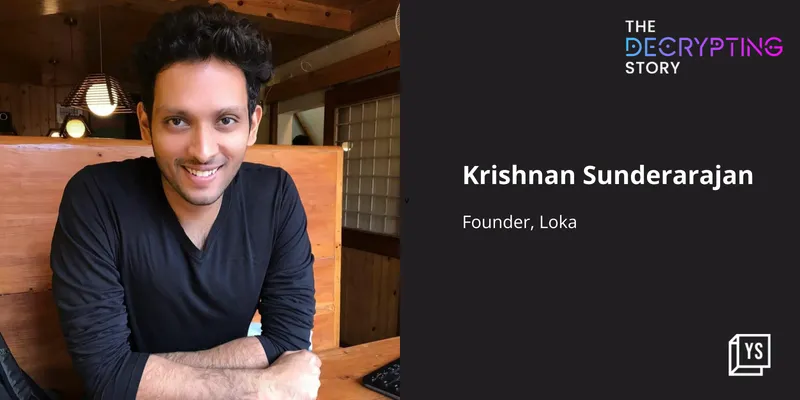
In 2021, Krishnan Sunderarajan founded , a metaverse multiplayer gaming platform. Players in their avatars can tour 3D versions of famous areas in cities, such as T Nagar in Chennai, MG Road in Bengaluru, Marine Drive in Mumbai, and Connaught Place in Delhi.
Iterality

Founded by Farheen Ahmad and Malav Shah in 2021, is a virtual engine that offers tools and protocols to build on the metaverse. The startup enables brands to launch their virtual worlds.
Trace Network Labs
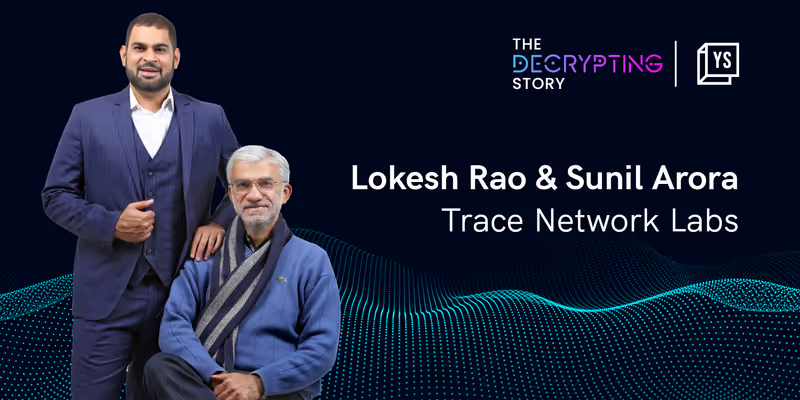
Founded by Lokesh Rao and Sunil Arora in 2021, is helping individuals project their lifestyle in the metaverse with human-like avatar NFTs. The startup is also building a tech stack that will enable virtual shopping experiences in the metaverse for Buddy avatars.
Ikonz
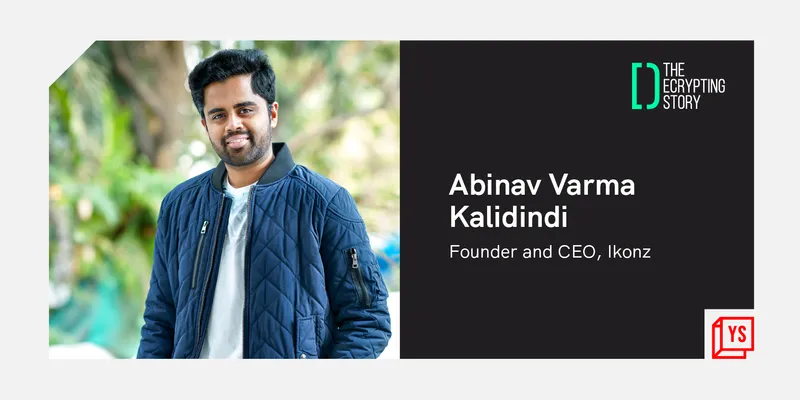
Founded by Abinav Varma Kalidindi in 2021, is building an Indian metaverse to bring stories, characters and IPs from Indian mythology to the world. The startup is backed by Prasad Vanga and actor Rana Daggubati.
Plutoverse
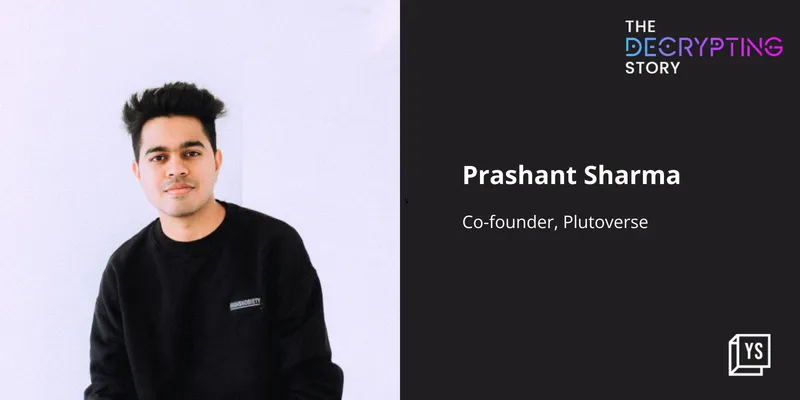
In 2021, Prashant Sharma and Arjun Dhurve founded , a virtual reality world where people can design their avatars to seek entertainment and live their daily lives.
Edited by Kanishk Singh



